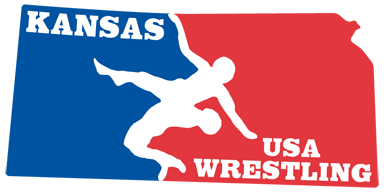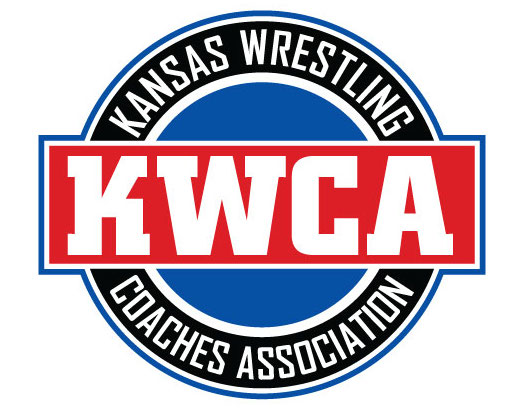Published on August 10, 2009 by JonnieWall in Sports
Competitive sports can be a positive tool in the development of children. However without careful guidance by the adults involved a child can suffer life long problems.
Comments (2)|33 Liked It
It is that time of once again when children are preparing for another school year. While backpacks, pencils and notebooks are being purchased, many children are also buying sports attire and equipment. Competitive sports are now as much a part of back to school as parent’s night and school shopping. Each year parents, educators and childhood specialist question if the amount of emphasis put on competitive sports is a positive or a negative for a child’s emotional, physical and mental development.
Emotional
Negative: Competitive sports put a great deal of pressure on children to win and to be the best. It reinforces the winner vs. loser idea on a daily basis. Competitive sports also quickly separates those who can from those who can’t. A child who is less athletic than his or her peers will learn the emotional implications of not being as good. A low self-esteem early on in life can have an impact on an individual into adulthood.
Positive: When a child participates in competitive sports he/she learns the value of teamwork. They learn at as early age that many obstacles in life do not have to be weathered alone. They learn to rely and depend on other for their successes. Learning at an early age to trust others allows for a higher level of trust in adulthood.
Mental
Read more in Sports
« The Steroid Question
Fitness Training: Skipping »
Negative: To often the competitive sport takes precedence over a child’s education. A talented athlete may discover that being an athlete is all the adults around him/her expect. They may find they no longer have to worry about learning or grades, as long as they perform athletically at a high level they will be successful in school. They learn to challenge themselves physically yet never mentally
Positive: Studies show that physical activity stimulates the brain. A child who gets regular physical activity is more likely to grasp and retain new ideas. When a child participates in sports their problems solving skills increase along with their ability to read and react quickly to situations.
Physical
Negative: Young bodies are still in the growing process. When a child participates in competitive sports the repetitive movement required by many sports can cause long-term injuries. Joints, ligaments and muscles are still growing well into a child’s high school years. Early overuse can cause joint and tendon problems as well as early life arthritis as well as back and neck problems.
Positive: We live in a society that struggles with obesity. Studies have shown that adults who were active as child are far less likely to suffer from obesity or other over weight issues. Competitive sports give children the opportunity to move. Children no longer know how or are not allowed to simply play. Children who are not involved with competitive sports are more likely to be sedative. Children who competitive in competitive sports learn how to use and appreciate their bodies, they learn the benefits of being fit, limber and strong.
Competitive sports can be a positive addition to a child’s early development. However, as with all things relating to children it is the responsibility of the adults overseeing the child’s physical, mental and emotional growth to insure the safety and well being of the child.
Read more:
http://sportales.com/sports/the-pros-and-cons-of-competitive-sports-on-youth/#ixzz12f6QChU7






